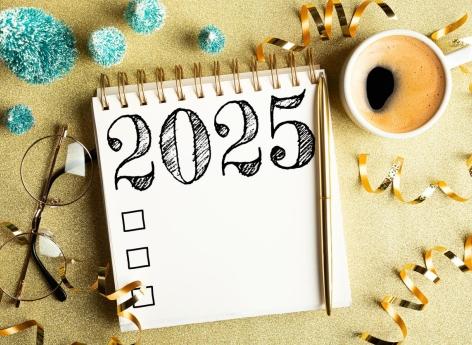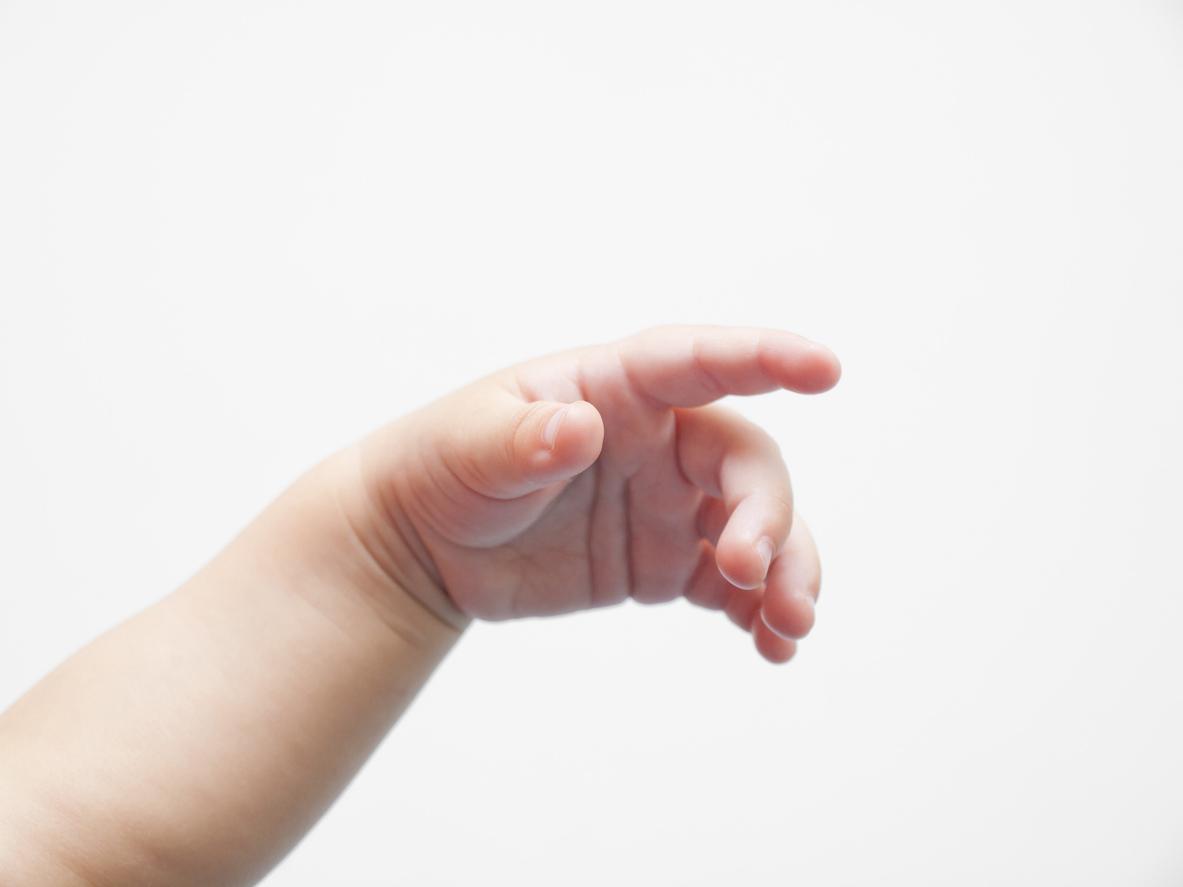Laughing is good for morale, even if the expression “to die of laughter” has a real meaning.

We still don’t really know why we laugh. Because we are happy you will tell me. Certainly ! But the mechanism is poorly understood. Laughing is good, no one discusses it. Psychiatrists will tell you that during this time, we forget the rest… But that’s not all: improved breathing, blood oxygenation, better digestion.
The smile only relaxes the muscles of the face, which is already not so bad since it will delay the appearance of wrinkles for several years. Laughter is also a real muscle massage: a few minutes of laughter would be the equivalent of an hour of relaxation. However, despite all these qualities, the French laugh less and less. Six minutes a day on average today compared to more than twenty in 1939.
The British Medical Journal looked at pathological laughter, that is, laughter that can cause disease. There is a form of epilepsy, gelastic epilepsy (from the Greek Gelos which means laughter) for which uncontrollable laughter and different from the person’s spontaneous laughter is the symptom that allows the diagnosis to be made. The authors also identified many undesirable effects of hilarity: incontinence, but also suffocation or an asthma attack due to the lack of inspired air.
These English do not hesitate to recall that the expression “to die of laughter” can prove to be dramatically exact and report cases of giggles having led to death by cardiac arrest. “Twisting with laughter” is just as harmful since in this case, it is the esophagus which clinks and twists.
What about these studies?
We’re not going to let a few British researchers spoil our good Latin mood! It is necessary to trust the popular language which knows well this free means of well-being. Certainly we say “to die” or “twisting with laughter” but we can also laugh heartily, be doubled up with laughter by relaxing our diaphragm, roll on the ground when the legs give way with pleasure or laugh out loud in a real polka zygomatics…
Laughter has more forms than medicine, but make no mistake: if we know little about the mechanism of birth of this aid to happiness, its positive effects are not there by chance.
And then to be honest, the British researchers of these negative studies also found no less than 85 research works which evoke the benefits of frank laughter. The clowns who work in hospitals know it well, laughter increases our ability to resist pain, for example.
Conversely, it is also said that crying relieves. It is medically true. This has been scientifically proven by analyzing the tears of an eye irritated by a dust or those of a big sorrow. The former are only salt water, the others contain a whole bunch of stress substances that spoil our lives.
between dying of laughter and gloomythere is also good humor…















